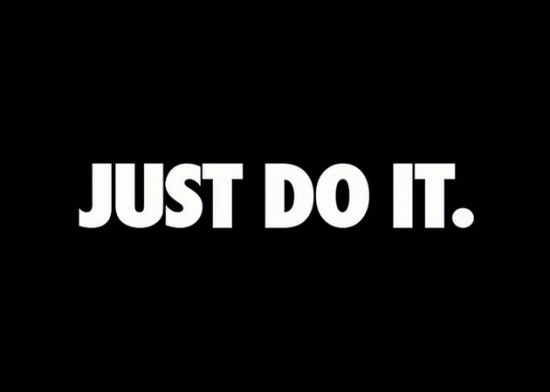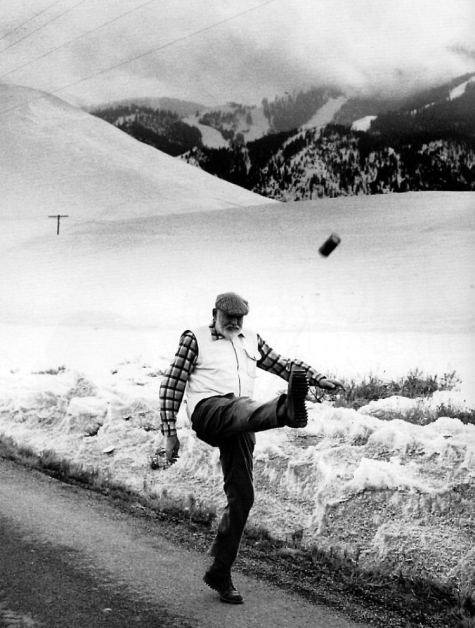“If you want to be a writer, you have to write.”
I was 16 years old when my father said those kind-and-cruel words to me. I never forgot them.
The first time I can remember wanting to be a writer, I was 11 or 12 years old. I’d written a poem for Sister Mary Something at school. My rhyming quatrain (AABB) was titled, pretentiously, “How Do I Know the World Is Real?”
I was at the kitchen table when my father started reading it over my shoulder. I felt anxious. My father was a credentialed writer, an award-winning playwright, a Shakespearean scholar, and a teacher of literature, including poetry. I’d seen him, on Saturday mornings, hunched over student essays, muttering and occasionally reading out loud passages to my mother that sounded perfectly good to me but elicited derisive laughter from them.
My father understood the secret-to-me clues of good writing. I didn’t feel at all comfortable having my fragile young poem exposed to the awesome danger of his critical mind. So there I sat, hoping he would go away. But he didn’t. I felt his hand on my shoulder, gentle and warm. “You may have a talent for writing,” he said.
I wrote lots of poetry in the months that followed, and began to think of myself as a writer. I liked that feeling. But soon other interests – touch football, the Junior Police Club, girls – crowded themselves into my life. Gradually, I wrote less and less. I still yearned to be a writer and so I began to feel guilty about not writing.
To assuage my guilt, I promised myself that my other activities were “life experience,” and that I needed life experience to become the good writer I wanted to be. In developing this excuse for not writing, I was building a structure of self-deception that many people live inside when they abandon their dreams. From the outside, it looks like you are doing nothing. But from the inside, you know that you are in the process of becoming, which, you convince yourself, is the next best thing to being.
That was the shape of my delusion when my father said, “If you want to be a writer, you have to write. A writer is someone who writes.”
So many people live their lives failing to become what they want to be because they can’t find the time to get started. How many times have you heard someone say that, one day, they will do what they always wanted to do – travel the world or paint paintings or write a book? And when you hear sentiments like those, what do you feel? Happy because you are confident that one day they will accomplish their long-held goal? Or sort of sad for them because you are pretty sure they never will?
And what about you? What is it that you want to be but haven’t become? What goal or project or task do you keep talking about accomplishing yet never do?
When my father told me that “writers write,” he was saying two things:
- I had lost the right to call myself a writer when I stopped writing.
- I could regain the title the moment I started writing again.
If you spend a while ruminating on this, you may find it both disturbing and liberating.
 MarkFord
MarkFord

